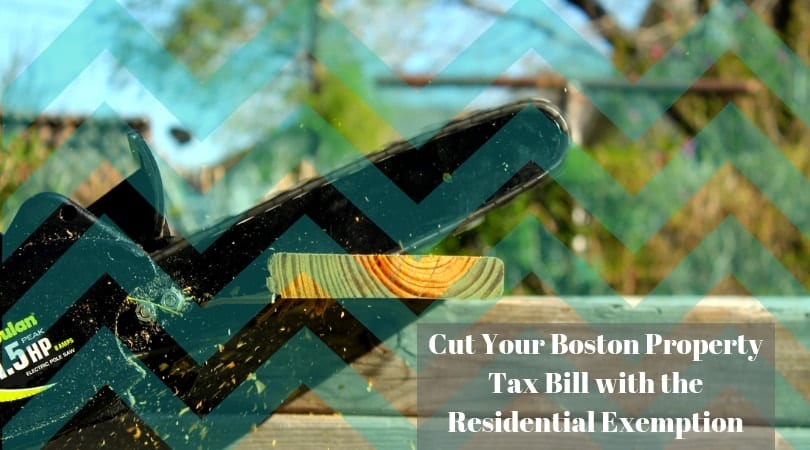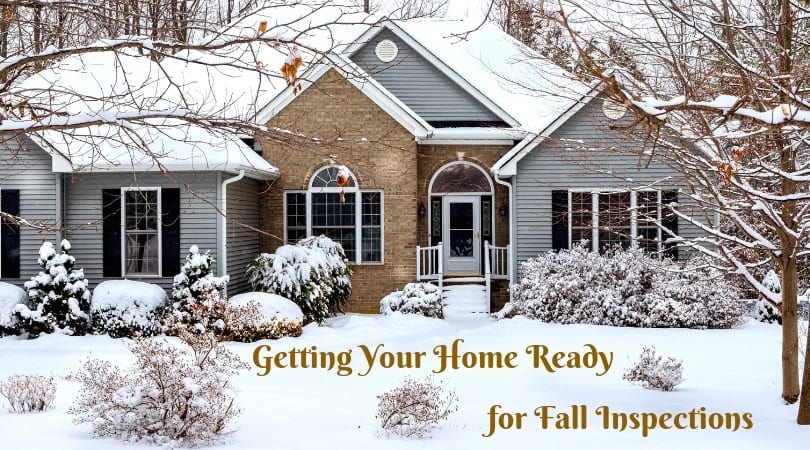If you live in Boston, or nearly any part of Massachusetts, you may qualify for the residential property tax exemption. The abatement program can save you up to $2538.47 (max exemption from last year) on your annual tax assessment.
This has been on my mind since we recently moved and were surprised with a $7,500 tax bill. I had heard something about the program and decided to research further. I’m sure many of you could benefit from the residential exemption, so I decided to share it with you here.
With the increasing cost of living and rising property values, now is the best time to start planning to claim this exemption for the next year.
So how do you get the residential exemption?
You need to visit the website for your city or town to find the specific local application for the residential exemption. You must apply by a specific date to qualify. The deadline for the fiscal year 2019 is February 1st for overvaluation, improper classification, and disproportion reasons, and April 1st for residential, personal, and statutory applications.
Don’t get too excited yet, as you’ll have to wait to apply until after you’ve received your third-quarter tax bill (typically late December). After you apply, you can expect a response within 3 months. Also keep in mind that the abatement is available only for the current year and can’t be applied to future or past assessments.
Once the tax bills have been issued, the application will be available online and you can conveniently fill it out on the website and submit it in person or by mail. Please see the embedded links for the filing address here in Boston. Take your completed application to Boston City Hall, Assessing Department or the Taxpayer Referral and Assistance Center.
No matter what happens with the application for the abatement, you’ll have to pay whatever taxes are due by the due date. Also, if the tax board has any questions about your application, or needs supporting details or documentation, you’ll need to respond within 30 days of the date you file, otherwise your application will be automatically declined.
Just how do I qualify for the residential exemption?
The exemption is available for Massachusetts homeowners that live in their property as a primary residence (incidentally, you can only apply for an exemption for one house). The program exempts a certain amount from the property’s value, reducing the next tax bill by thousands. To qualify, you must have purchased and recorded the deed by July 1st of this year to be eligible for an abatement on next year’s taxes. If your application for the exemption is approved, the abatement will be applied to the next third-quarter tax bill (late Dec 2019).
There are also personal exemptions for certain health issues and status as a veteran or survivor of a deceased spouse or parent. Abatements are also available for co-ops occupied as primary residences, although all the members need to apply together. Even if you don’t qualify for the residential exemptions, you may still be able to qualify for an abatement if you hold the property as a charitable, religious, educational, scientific, literary, or temperance organization.
The other types of abatements include overvaluations based on purported errors by the tax board, placing an excessive value on the property, improperly classifying its usage, or disproportionate assessment relative to neighboring properties. If your abatement application is based on an over valuation by the tax board, we can help you by providing a super-fast and extremely credible appraisal that will support your exemption application and ensure approval.
Please click here to place an immediate order and call us for more information about abatement appraisals.





I enjoy wһat уoᥙ guys are usually up too.
This type of clever work and coveraցe! Keep up the wonderful works guys I’ve included you gᥙys to
my blogroll.